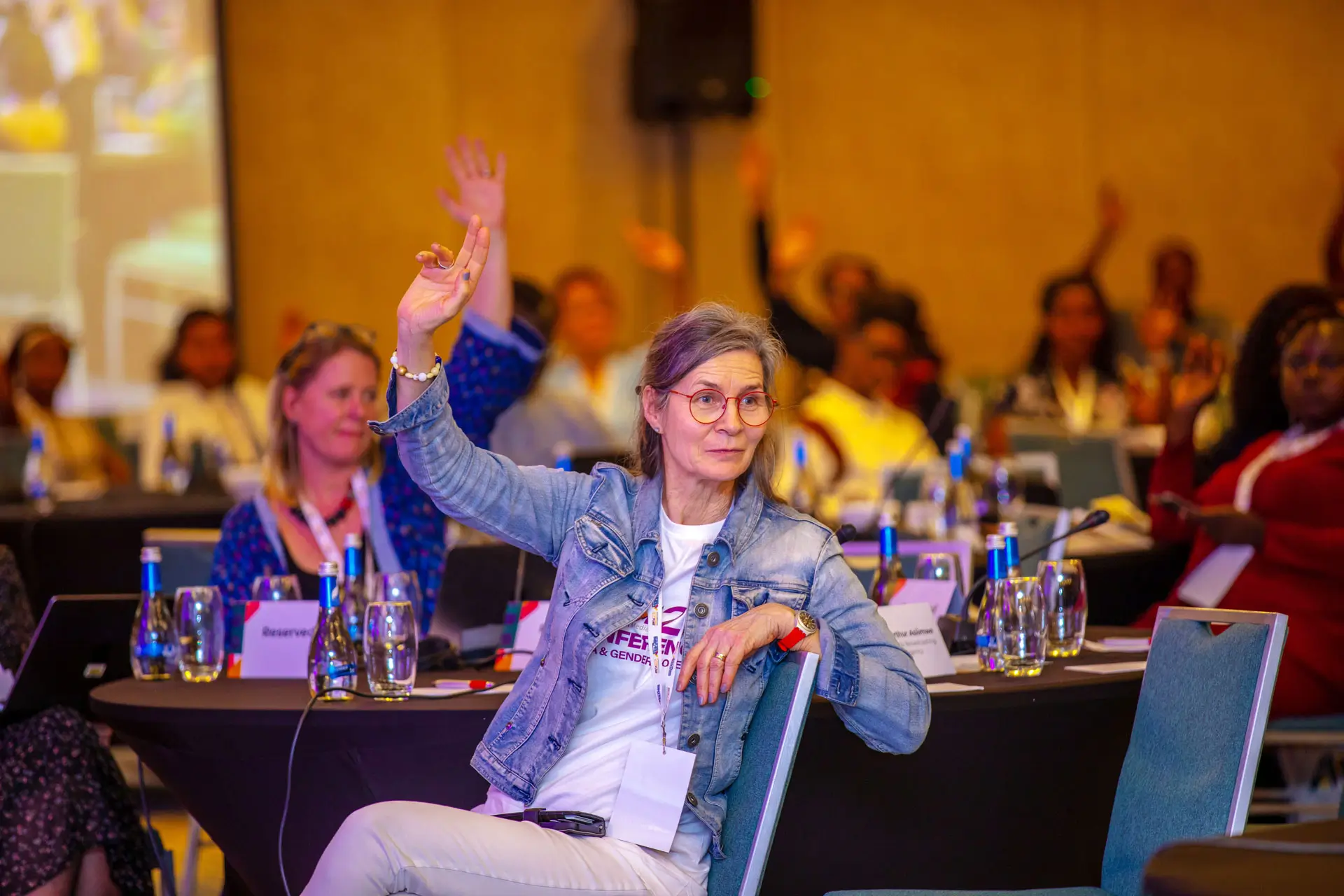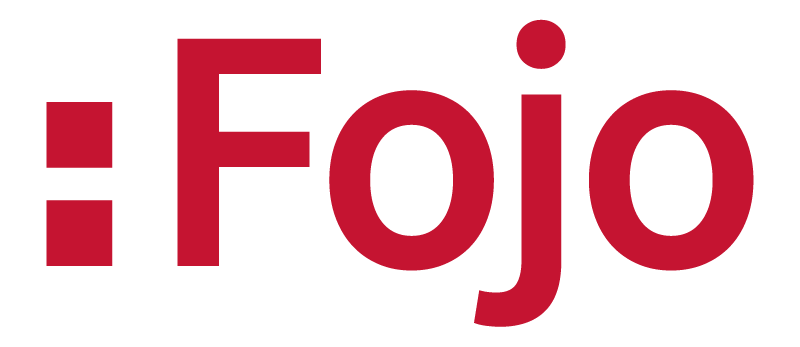Gender advisor Agneta Söderberg-Jacobson:
"Most fundamentally, it is about democracy and the role of the media in society"

How are gender equality and media development related?
“Firstly, it is about good journalism. Inclusion and gender equality contribute to more perspectives being included in news coverage and make it more interesting and relevant to more people. There is also the business interest here, in today’s fragmented and highly competitive media landscape, it is a matter of fate for news media to understand and respond to the interests and information needs of different target groups.”
“Most fundamentally, it is about democracy and the role of the media in society. Globally, only one in four people seen and heard in the news media is a woman, which in itself is a problem for democracy. In this way, the news media reflect existing power structures, often routinely, instead of taking their democratic mission seriously and reflecting society as a whole.”
How does Fojo work to contribute to change in this area?
“We are doing a lot of things. An important thing is to support female journalists so that they can build their capacity and develop professionally. For example in Bangladesh where female journalists are offered mentoring support and training in investigative journalism, more and more are now working in that way, previously there were hardly any women digging.”
“Then, of course, it is about changing structures, about how it looks in the newsrooms and what values govern the media organisations. In Somalia, our partner SWJO4 has developed an action plan based on the experiences of female journalists. 47 media houses and other actors have signed the Somalia declaration for gender equality in the media and committed themselves to the change process. As a basis for all gender equality work, we map the local contexts carefully and collect information and data that can be followed up. In this way, we can follow developments and change the way we work based on local needs.”



